We hang the petty thieves and appoint the great ones to public office
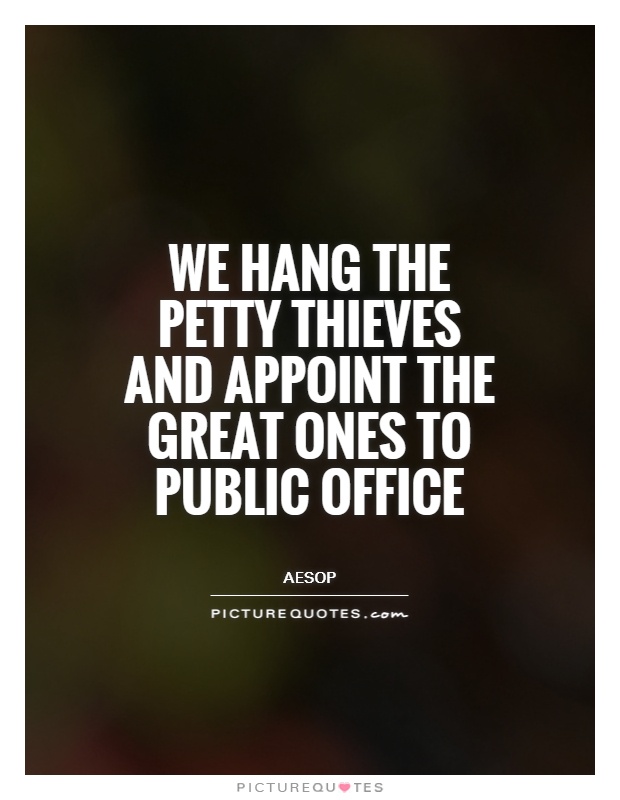
We hang the petty thieves and appoint the great ones to public office
In the fable of Aesop, "We hang the petty thieves and appoint the great ones to public office," the message is clear: those in power often protect their own interests and punish those who are less powerful. This timeless tale serves as a cautionary reminder of the corruption and injustice that can occur within systems of governance.The phrase "We hang the petty thieves and appoint the great ones to public office" speaks to the hypocrisy and double standards that exist in society. While small-time criminals are swiftly punished for their actions, those in positions of authority are often able to escape accountability for their own wrongdoings. This disparity in treatment highlights the unequal distribution of justice and the abuse of power that can occur within political systems.
Aesop's fable also serves as a critique of the moral character of those who hold positions of authority. By contrasting the punishment of petty thieves with the elevation of corrupt officials to public office, the fable suggests that those in power may not always have the best interests of the people at heart. Instead, they may prioritize their own self-interests and use their positions to further their own agendas, regardless of the harm it may cause to others.
Furthermore, the fable underscores the importance of holding those in power accountable for their actions. By shining a light on the injustices that can occur within systems of governance, Aesop's tale encourages individuals to question authority and demand transparency and fairness from their leaders. It serves as a reminder that power should be wielded responsibly and ethically, and that those who abuse their positions should be held to account.
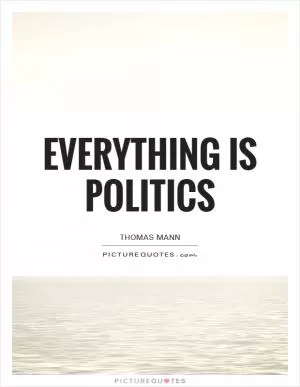
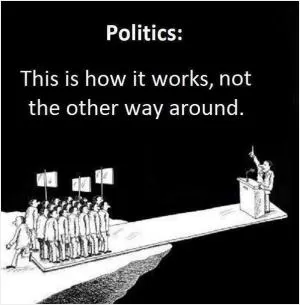
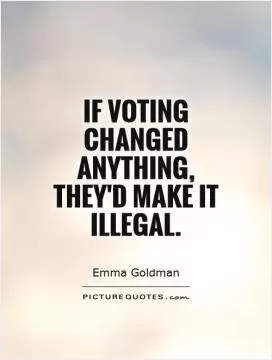
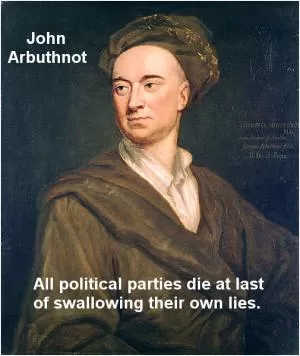

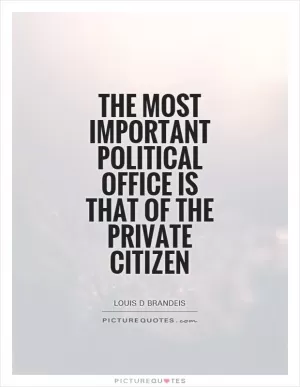



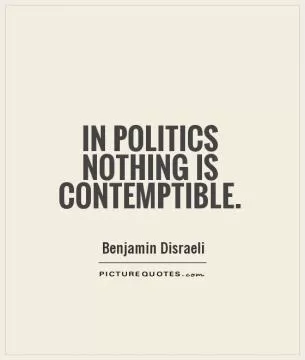
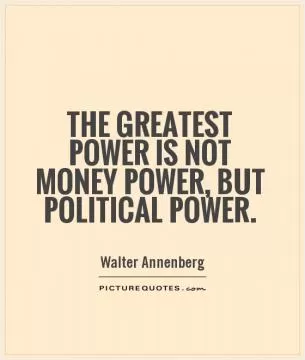

 Friendship Quotes
Friendship Quotes Love Quotes
Love Quotes Life Quotes
Life Quotes Funny Quotes
Funny Quotes Motivational Quotes
Motivational Quotes Inspirational Quotes
Inspirational Quotes